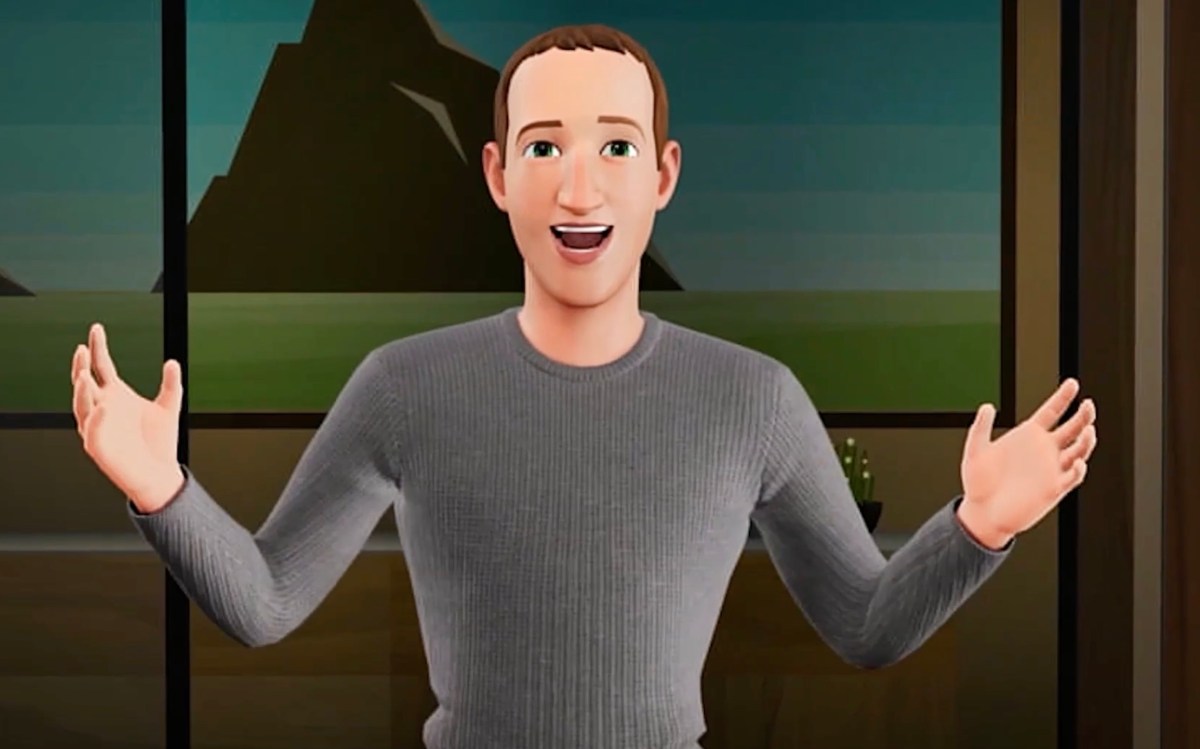Products You May Like
At Meta Connect 2022, the company’s annual developer conference for its VR efforts and Oculus hardware platform, the company announced a lot of stuff — but what it communicated more effectively than anything else was just how incredibly thirsty — one might even say desperate — Mark Zuckerberg is for his metaverse bet to pay off.
Before I get ahead of myself, let me be clear that I understand all of these prerecorded presentations given by large tech companies are extended advertisements. No one’s disputing that, but Zuck’s overscripted and overproduced dev event keynote today was easily the hardest sell for not just a product or a platform, but the premise upon which it’s based, I can ever recall seeing in a decade in tech.
The presentation basically kicked off with Mark assuring us that VR is bigger than ever, though almost entirely in relative terms. It’d be hard for it not to be, given the pace of its growth to date since its advent (counting either from the days of the first VR headsets or what you might call “the modern era,” when the original Oculus Rift finally made its ways to consumers in 2016. It then went into a series of cherry-picked revenue numbers set up by Facebook CTO Andrew “Boz” Bosworth, a direct appeal to an ecosystem in need of fleshing out. These were mostly individual highlights, however, rather than the cumulative rapidly incrementing ecosystem numbers that Apple used to balloon its own mobile App Store efforts through its early days.
The rest of the presentation was basically a series of hand-wavy “announcements” (many reheated versions of prior ones) that aimed to define use cases and domains in which the metaverse and VR would actually be useful to people. Zuck covered all the old stand-bys — social, gaming, fitness and “future of work.” None looked significantly improved or capable of acting as a turning point in terms of mass adoption, and most had either vague or nonexistent ship dates.
One of the biggest swings involved a partnership with Microsoft, which was jointly announced by Zuckerberg and Satya Nadella. Basically, Mark is so desperate to get people in the metaverse that he’s allied with an erstwhile competitor, in a move reminiscent of when Steve Jobs welcomed Bill Gates via satellite link during the Macworld Boston keynote in 1997.
That worked well, but it’s not yet clear if this will. Nadella himself articulated the main and recurring theme of VR: “it’s early days.” Only around 5,400 people were watching in VR when my colleague Taylor tuned in partway through the presentation, just before Mark switched over to using his new avatar and finally actually presenting in the metaverse itself. The avatar itself was a big improvement from prior iterations; it was a fully animated version of the better-looking version Mark showed off after his much-mocked announcement of Horizon’s expansion to France and Spain.
It looked better, yes, but it sure didn’t look like the future.

